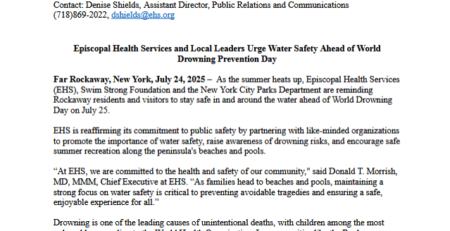IMPORTANCE OF FLUID INTAKE (HYDRATION)
Drinking enough fluid each day is vitally important for everyone’s continued Health & Wellbeing. While fluid incorporates a very broad range of substances, I’m referring to water. Our goal should always be to consume the highest quality purist water that we can access. There are numerous factors relating to volume required e.g., Season, Climate, Exercise Intensity; but as a generic value adult males require 3 litres each day whereas, an adult female needs approximately 2.2 litres.
Our body relies on the intake of water each day to perform numerous bodily functions including cellular function, temperature regulation & waste removal. If our intake is too low, we begin the cycle of dehydration which leads to impaired body function & performance. Its key importance is clearly reflected when you consider we can survive for up to three weeks without food but less than a week without water. Research has shown that a drop of 8% water impacts both Aerobic Performance e.g., Running & Cognitive Function e.g., Mental Clarity. Fortunately, our body has a built-in warning mechanism called our “Thirst Response” which prompts us to drink water (Hydrate). If you consciously notice the “Thirst Response” you are already dehydrated!
Water is vital for every living organism existing on Earth as it is their primary composition & regardless of water content in various systems/organs, they all need water to function properly. Some organs contain much more water than others. Our brain & kidneys contain the highest percentage of water at 80-85%, with the heart, lungs, liver, skin & muscles each contain 75-80%, while the bones at 20-25% & teeth 10-12% contain the lowest proportion.
Most of the human body consists of water with the percentage varying for numerous factors including age, gender, weight, body type (soma type), state of health & the climatic region e.g., Temperate, Tropical. Water is found in high quantities within all the cells that make up our bodies. The bodies general range is 45-75% water content with the average adult being 50-65%, with an average around 57-60%. Other factors include your hydration level & your total skeletal muscle mass. Muscles contain more water content than fat.
In physiological terms, body water is the water content contained in the tissues, blood, digestive juices, urine, perspiration, fat, lean skeletal muscle mass & bones. The % of body water contained in various fluid compartments add up to total body water (TBW). TBW makes up a significant proportion of the human body, both by weight & volume.
Hydration & environmental aspects for athletes to be aware of – Swimming is a great example:
- Chlorine environments speed up the rate of dehydration.
- Pool environment makes you unaware you are sweating.
- Drink small amounts regularly during your training session.
- Always have a bottle of water & a 2nd with BCCA’s at the end of your lane.
- When you sweat you are losing a lot of water as that is the main component in sweat.
- The higher your dehydration % becomes the more your aerobic performance potential reduces.
- Post training ensure you adequately rehydrate.
Our Guest Blogger is Paul Barry from Brisbane, Australia where he works as a Consultant with International High-Performance Athletes across a wide range of sports. He uses a very holistic approach utilising his qualifications, knowledge & experience in diverse fields including Strength & Conditioning, Advanced Nutrition, Sports Supplementation, Anatomy & Physiology.
Mobile: +61 415763075
Email: pbelitecoach@gmail.com
LinkedIn: https://au.linkedin.com/pub/paulbarryhighperformancesports/






